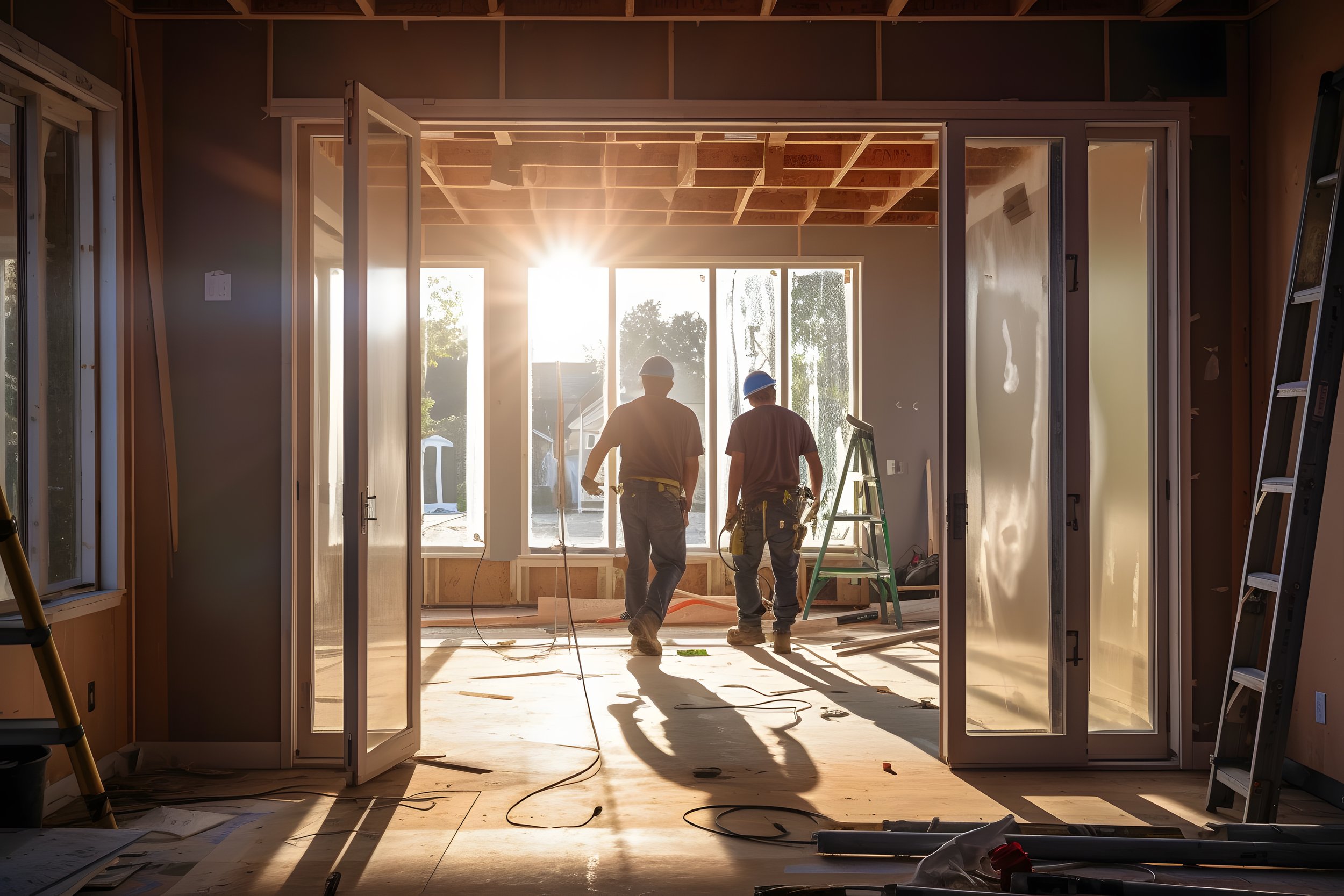Home Renovation on a Budget: Tips for Cost-Effective Remodeling
Embarking on a home renovation project doesn't have to break the bank. With careful planning and smart choices, you can achieve a beautiful and updated living space without overspending. In this article, we'll explore cost-effective remodeling tips, including DIY projects and money-saving strategies, to help you transform your home on a budget.
Set a Realistic Budget:
The first step in any budget-friendly renovation is to establish a clear and realistic budget. Determine how much you're willing to spend on the project and stick to it. Be sure to include a buffer for unexpected expenses that may arise during the renovation.
Prioritize Your Projects:
Not all areas of your home need a complete overhaul. Prioritize the rooms or elements that require the most attention and focus your budget on those areas. This approach allows you to make a significant impact without spreading your resources too thin.
DIY Where Possible:
DIY projects can save you a substantial amount of money on labor costs. Consider tackling tasks like painting, installing new fixtures, or even minor plumbing and electrical work if you have the skills and tools. However, be cautious with complex projects, as mistakes can be costly to fix.
Reuse and Repurpose:
Before discarding old furniture or materials, think about how you can reuse or repurpose them in your renovation. A fresh coat of paint, new hardware, or creative modifications can breathe new life into existing items and save you money on replacements.
Shop Smart for Materials:
Hunt for deals and discounts on building materials, fixtures, and appliances. Consider visiting salvage yards, outlet stores, or online marketplaces for budget-friendly options. Don't forget to compare prices and quality to get the best value.
Consider Refinancing or Home Equity Loans:
If your renovation project is substantial and you have equity in your home, consider refinancing your mortgage or taking out a home equity loan or line of credit. These options can provide access to funds at favorable interest rates for larger projects.
Plan for Energy Efficiency:
While it may require an initial investment, upgrading to energy-efficient appliances, windows, and insulation can save you money on utility bills in the long run. Look for rebates and incentives available for eco-friendly renovations.
Avoid Moving Plumbing and Electrical:
Relocating plumbing and electrical systems can be expensive due to labor and materials. Whenever possible, work with existing layouts to keep costs down. Make minor adjustments instead of major relocations.
Do Thorough Research:
Before starting any project, research thoroughly. Understand the costs, materials, and potential challenges associated with your renovation. Knowledge is your best tool for making informed decisions and avoiding costly mistakes.
Hire Professionals Wisely:
While DIY is budget-friendly, some tasks are best left to professionals, especially those involving structural changes or complex systems. When hiring contractors, obtain multiple quotes, check references, and ensure they are licensed and insured.
Conclusion: Home renovation on a budget is entirely achievable with the right approach. By setting a realistic budget, prioritizing projects, and implementing cost-saving strategies like DIY work and smart material choices, you can breathe new life into your living space without draining your bank account. Remember that careful planning and resourcefulness are key to a successful and cost-effective renovation.





